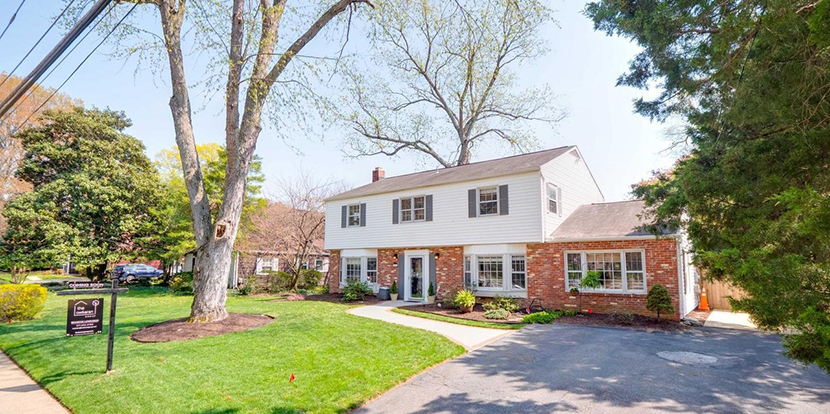
Zillow: Housing Gains Could Grow Black Wealth More Than $500B in a Decade

Zillow, Seattle, said incremental increases in homeownership rates and home values among Black households would help shrink the current $3 trillion racial wealth gap by hundreds of billions of dollars over the next decade.
Today’s typical Black household has only about 23 percent of the wealth of a typical white household, down from 34.6 percent before the Great Recession, Zillow reported. Housing factors including lower home values and rates of homeownership directly account for nearly 40 percent of that gap; assets such as investments in stocks and bonds and retirement accounts make up the rest.
“Housing will be a prominent factor determining the course of the racial wealth gap over the next decade,” said Zillow Economist Treh Manhertz. “The issues caused by historic discrimination won’t be solved quickly, but addressing things like increasing access to credit, more-equitable lending standards and reducing exclusionary zoning could make buying more accessible and bring significant strides toward closing the wealth gap. “
Manhertz noted in the most optimistic scenario, Black Millennials could see housing equality in their retirement, “and finally pass on some real wealth to the next generation,” he said.
The report, Housing Gains Could Increase Black Wealth More than Half a Trillion Dollars by 2031, found that about 42 percent of Black households own their home, compared to 72 percent of white households and said Black-owned homes are typically worth about 18 percent less than white-owned homes. Zillow calculated that if Black homeownership rates and home values rose to match those of their white counterparts, Black wealth would more than double from $931 billion to $2.1 trillion.
Zillow analyzed home value growth and homeownership rate changes for Black households under five different scenarios through 2031. In the most optimistic scenario, Black wealth would grow by more than half a trillion dollars, from $931 billion to $1.46 trillion. In the most likely, it would increase to about $1.18 trillion.
In that most likely scenario–which projects Black home values growing 5 percent faster than home values generally and Black homeownership growing at 0.5 percentage points per year–equality in housing wealth wouldn’t come until 2183. If Black home values grow 15 percent faster than home values generally and Black homeownership grows at 1.5 percentage points per year, which is the most optimistic scenario explored in the analysis, the timeline for housing wealth equality is moved up to 2066. “It’s abundantly clear that this issue won’t solve itself naturally or quickly. The problems run deep and perpetuate inequality,” said Manhertz. “Intentional, targeted and dedicated policy is necessary to repair this broken system.”
